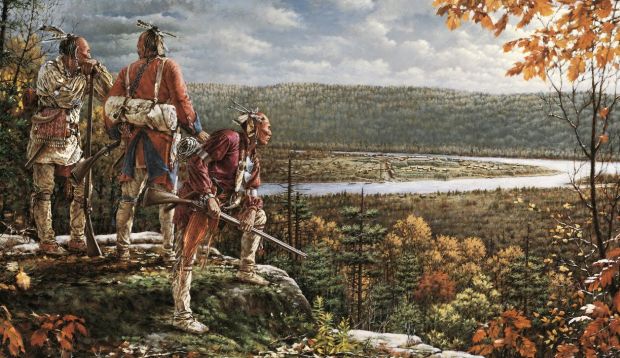
It’s the day before Thanksgiving and I’m looking out my back-patio window at this morning’s rather muddy Allegheny River. The stillness I’m surveying matches a deep stillness in me, a gift Covid19 has granted me. It’s slowed me down these past nine months. It’s inhibited and then forbidden, what had become a frequent, frantic travel schedule.
Absent the traveling, the preparing and packing, the unpacking and catching up, I have arrived at a place where I have a deep sense of place, of domicile, of home.
My husband has taken to asking people “what has Covid done for you alongside of what it’s done to you? I can make a list as you can, of the many losses, especially as we prepare to celebrate a national holiday that traditionally centers on family and friends gathering around a communal table. My head could be full of what I won’t be doing tomorrow, but the wisdom of my body, which I have now slowed down enough to absorb, is allowing me to feel the gratitude of being here now, in this place at this time in my life.
Fifteen years ago, when we first moved to Pittsburgh from Texas, we were drawn to the rivers. Finding a community of houses under construction on the Allegheny and arriving at the exact right moment to reserve this particular townhouse that backed up to the river seemed a miraculous gift from the universe. An answer to a prayer I said often – that I might live in a beautiful place. Of course not foreseeing how long and intensely I would be stationed here.
When I researched this spot at the community library in 2005 I learned that, in an early treaty with George Washington there was an agreement that this side of the river was to belong to the Natives. The white settlers where to stay on the other side. I learned that some of the native people who used to inhabit this land, and most of the country, observe a National Day of Mourning on thanksgiving.Their practice for the past 50 years has been to use Thanksgiving as a reminder of the democide, (the global destruction of home), and the resulting suffering of the Native American peoples.
Standing on the shore of this river I remind myself that the destruction of home for Native Americans has continued on during my lifetime and had affected this very land. In the 1960s, 10,000 acres of Seneca land north of here were condemned and flooded to build the Kinzua Dam. Though the purpose of the dam and others on the river was to prevent frequent flooding of the City of Pittsburgh that land was guaranteed to the Seneca by a treaty in 1794 signed by President George Washington to make peace with the Six Nations Iroquois Confederacy, including the Seneca. No wonder a day of mourning.
In this most unusual of Thanksgivings, time granted to me by Covid19 is allowing me to connect with the people and the part of the story we don’t usually tell around our Thanksgiving tables. I’m reminding myself of what home really means, of how many people do not have a home, and how many people are affected by democide, the global destruction of home.
Since part of mourning is to recognize the gifts in our losses, I’m grateful to be reminded of my many connections to Native American people in my life. Leading a project in social work to improve services to Native Americans in western Nebraska changed my life through the Oglala Lakota Native people I came to know there. Being lead by Native American teacher, Glenda Taylor, I have been strengthened as we gather with a group of women several times a year for nearly 30 years at her retreat center in East Texas.
Eight years ago, through my son Kevin, the universe gifted me a granddaughter, Kyra Joy, who along with her mother Jody, are registered members of the Cherokee nation. Hopefully I will get to see her today on a family zoom call. And may she grow up in a world where every family has a home.
Wishing you a happy, healthy and safe thanksgiving.

